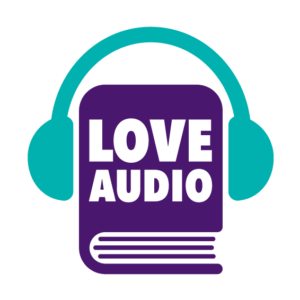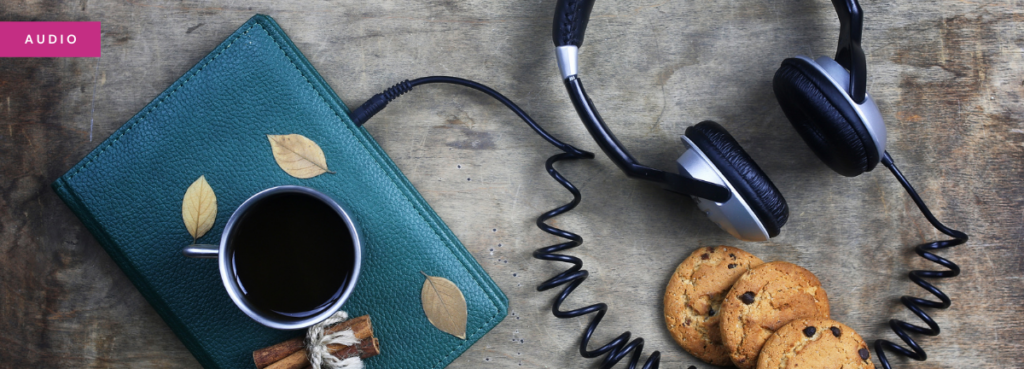Authors: Don’t overlook audio

Audiobooks are on the rise, particularly in retail. This is the ideal time for you to reconsider audio publishing. W.F. Howes Ltd’s Acquisitions Editor, Rachel Gregory, looks at how you can get involved.
Who’s listening?
While audio consumers span most ages and consumer groups, younger readers appear to favour it most as a format. Statistics cite city-dwelling males aged 18-44 as being particularly prolific listeners. The Audio Publishing Association (APA) recognised the importance of continuing to target this demographic with engaging new content, so as to avoid losing them to competing formats or alternative forms of entertainment.
Around 40% of readers constitute a huge percentage of all audiobook purchases. Listeners either consume content voraciously (but discerningly) or dip into the format, enticed by a celebrity YouTuber or a narrator they recognise. This should inform our approach to audiobook publishing. The real challenge for authors and publishers is in taking the type of content that avid readers already enjoy, and producing it well in audiobook form.
Why haven’t you published an audiobook?
- Audio might not be a priority. Due to relative ease and cost effectiveness, indie authors often focus on ebooks initially. If you are trade published, there can be a delay before the release of the audio, as publishers test the water with the printed book.
- The cost can be prohibitive. Unlike with an ebook, even if you publish through a service such as Amazon’s ACX or narrate your own book, there are considerable set-up costs as well as the outlay required for effective marketing. This can be daunting for indies and smaller publishers. If you publish your audio traditionally, the publisher will cover the costs, which negates the risk.
- You might think that audio’s comparatively high price point will deter readers. This ties in with the previous point about recouping costs. In reality, for non-fiction at least, there’s little to suggest that audio converts are swayed by a cheaper ebook version. A proportion of audiobook consumers actively prefer audio and would pay for the privilege of listening to a quality recording. A high-quality sample could be all you need to convince the undecided.
- You could be unsure how your audiobook would be received. The great news is that very few genres are now off limits. As the audience evolves and younger generations invest in audiobooks, this creates possibilities… as demonstrated by the success of David Walliams’ children’s books and the popularity of audiobooks by YouTube stars such as Zoella.
- You don’t know enough about how to publish audio. As an indie, you can use an assisted publishing platform or approach an independent audio company who would coordinate the process for you. Alternatively, dedicated audio publishers are on the lookout for talent. Their expertise would help to give your audiobook a boost. If you have a print publisher, check your contract to see whether audio was included. If it was, they could give you an idea of when to expect the audiobook to go live.
If you decide to publish an audiobook, remember: quality is key (in terms of editing, narration and production values). Try to make your audiobook as widely available as possible. And most importantly, enjoy it! Audio publishing is exciting; make sure you spread the word about the format.
Rachel is the editor of W. F. Howes Ltd’s digital audiobook imprint, Whole Story QUEST. Under this imprint, she brings exciting new digital audio content to consumers, based on emerging market trends. Prior to this, Rachel worked in an indie publishing company, coordinating the ebook publishing process for self-published authors. She is a fan of everything literary (particularly historical fiction, Charles Dickens, and grammar-related gifts). One day, she hopes to own a cockapoo puppy named Puck.





